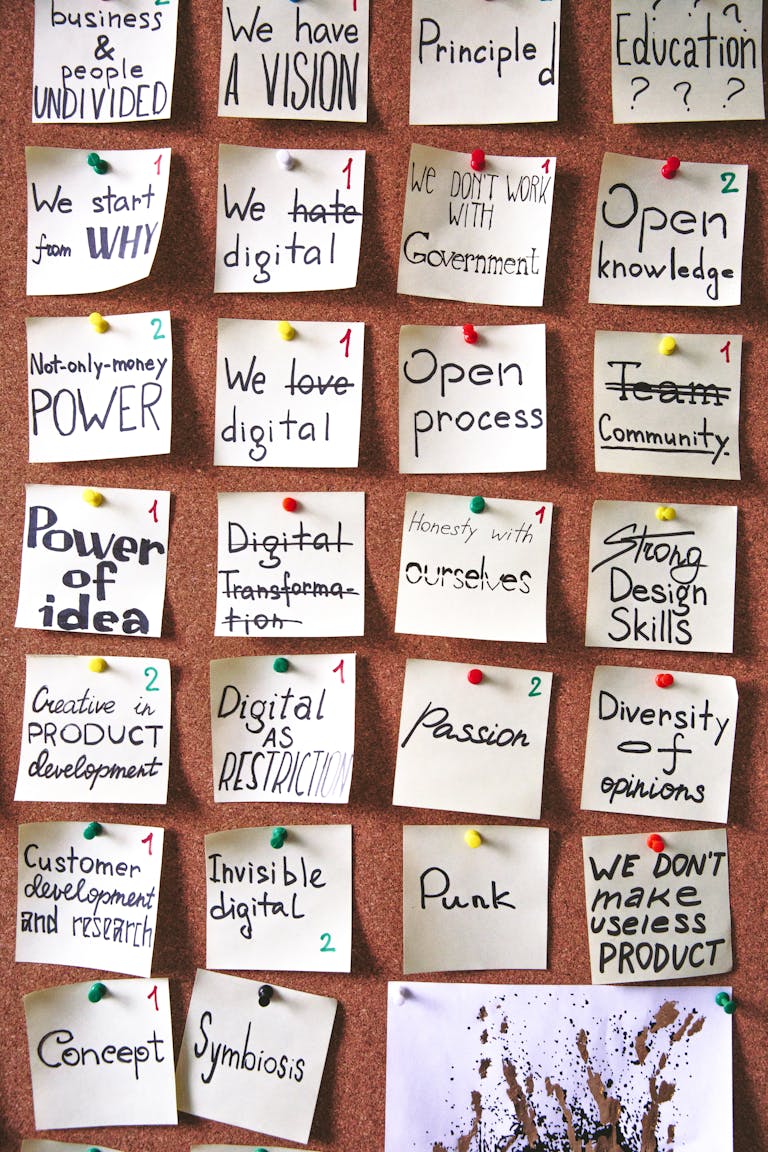In today’s fast-paced world, mastering time management is a crucial skill. Whether you’re balancing work, personal life, or pursuing side projects, efficient use of time can make all the difference in achieving your goals.
Let’s dive into actionable time management strategies that will help you make the most of every day.

Why Time Management is Crucial for Success
Time management isn’t just about working harder — it’s about working smarter. Effective time management allows you to:
- Boost Productivity: Prioritize high-impact tasks, resulting in more accomplishments with less effort.
- Reduce Stress: When you have a plan, you’re less likely to feel overwhelmed by deadlines.
- Increase Focus: By managing distractions and sticking to a schedule, you can remain focused on important tasks.
- Enhance Work-Life Balance: With good time management, you can allocate time for both work and relaxation, leading to a healthier balance.
By improving time management, you’ll accomplish more while maintaining a sense of calm and control.
Time Management Strategies for Maximizing Efficiency
1. Prioritize Your Tasks
Use the Eisenhower Matrix to categorize tasks:
- Urgent and important: Do these immediately.
- Important but not urgent: Schedule these for later.
- Urgent but not important: Delegate these if possible.
- Not urgent and not important: Minimize or eliminate these tasks.
2. Use Time Blocking
Time blocking involves dedicating specific periods of the day to particular tasks. This strategy prevents you from multitasking and allows you to focus on one thing at a time. Here’s how you can implement it:
- Morning (8 AM – 12 PM): Deep work (creative tasks, problem-solving).
- Afternoon (1 PM – 4 PM): Meetings and collaborative work.
- Evening (4 PM – 6 PM): Administrative tasks and personal development.
By allocating time slots, you ensure you aren’t bouncing between tasks, which can waste valuable time.
3. Set SMART Goals
Specific, Measurable, Achievable, Relevant, and Time-bound (SMART) goals give you a clear direction and timeline for your tasks. Here’s how to apply it:
- Specific: Focus on one goal at a time (e.g., “Increase blog traffic by 20% this quarter”).
- Measurable: Track your progress using metrics (e.g., website analytics).
- Achievable: Set realistic goals (e.g., “Write two blog posts per week”).
- Relevant: Align your goals with your long-term plans (e.g., “Boost online presence”).
- Time-bound: Set deadlines (e.g., “Complete by June 1st”).
This method helps break down large projects into manageable tasks.
4. Minimize Distractions
Distractions are time killers. To manage them:
- Turn off notifications: Avoid being distracted by constant pings and alerts.
- Set boundaries: Let colleagues or family know when you’re unavailable.
- Use apps like Focus@Will or Forest to stay on task and maintain focus during deep work sessions.
By controlling your environment, you set yourself up for maximum productivity.
5. The Two-Minute Rule
If a task will take less than two minutes to complete, do it immediately. This simple rule helps prevent procrastination and keeps small tasks from piling up, leaving you with less to handle in the long run.
Building a Sustainable Time Management Routine
Effective time management is all about creating sustainable routines. Here are tips to build a routine that works for you:
- Start with a morning routine: Start each day with consistent habits, such as planning your day or reviewing your goals.
- Use the Pomodoro Technique: Work in focused intervals (e.g., 25 minutes) followed by short breaks to maintain energy levels.
- Review your progress: At the end of each day or week, evaluate what you accomplished and adjust your plans accordingly.
By committing to a structured routine, you’ll reduce decision fatigue and keep yourself on track.
Q: How can I avoid procrastination?
A: Break tasks into smaller, manageable steps, and use techniques like the Pomodoro Method or the Two-Minute Rule to take action immediately.
Q: Can time management techniques work for both work and personal life?
A: Absolutely! The same principles, such as prioritizing, blocking time, and setting clear goals, can be applied to both your professional and personal commitments.
Q: How do I manage tasks that seem overwhelming?
A: Break them down into smaller, actionable steps, and focus on completing one step at a time.
Take control of your time today!
Start implementing one or two of these time management strategies in your daily routine and watch your productivity soar.

I’m EKBAL HOSSAIN MONDAL, the creator of SmartSolveTips.com — a blog dedicated to helping people improve productivity, avoid digital burnout, and live better online. With years of hands-on experience in self-development and digital wellness, I write practical tips and tools to help you stay focused and thrive in a fast-paced digital world.






